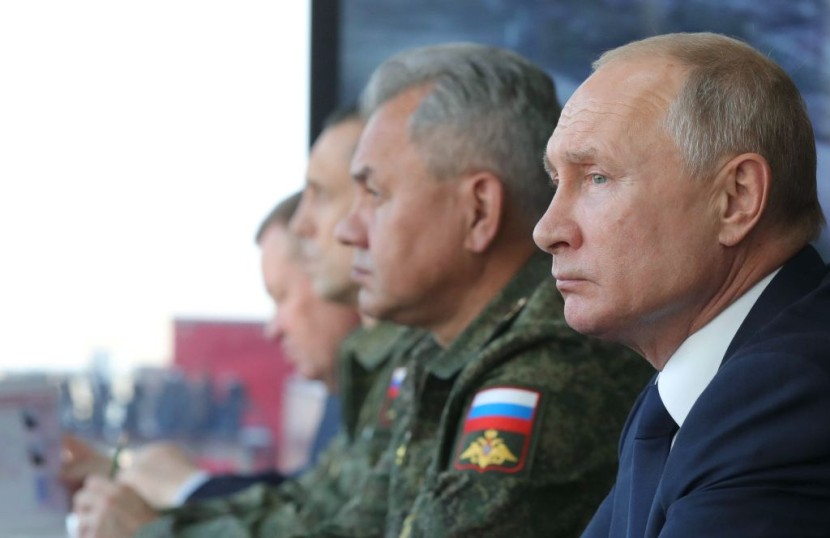
Washington and London declared on Monday that, if Russia invades Ukraine, they are prepared to punish Russian elites close to President Vladimir Putin by freezing their assets and prohibiting them from traveling to the country.
After the Russian buildup of soldiers near Ukraine fuelled fears of conflict, Britain urged Putin to "drawbacks from the edge" and warned that any intervention would result in penalties against firms and people connected to the Kremlin.
US, UK to sanction Putin associates
London will be given greater powers to punish corporations linked to Russia, according to British Foreign Secretary Liz Truss. Dmitry Peskov, a spokesman for the Kremlin, described the British warning as extremely troubling, saying it would make Britain less appealing to investors and undermine British businesses.
As a result, London has been the preferred destination for a flow of money from Russia and other former Soviet republics after the fall of communism in 1991. The United Kingdom has long been urged to be more vigilant in dealing with illicit cash flows.
In the United Nations Security Council, tensions between Russia and the United States were displayed on Monday. The discussion on Moscow's army build-up allowed for a public confrontation over the problem.
According to Russia's envoy to the United Nations, there was "no proof" that Moscow planned to launch a military attack and that Russia has repeatedly denied such claims and never corroborated the West's claim that 100,000 troops had been deployed to its border, according to Reuters.
During the first public meeting of the UN Security Council since the crisis in Ukraine came to a climax, the US and Russian ambassadors to the UN exchanged rhetorical punches on Monday. Linda Thomas-Greenfield, the American equivalent of Russian envoy Vasily Nebenzya, has been accused of "megaphone diplomacy" and "whipping up hysteria" over a possible Russian invasion.
"Imagine how uncomfortable you would be if you had 100,000 troops on your border," Thomas-Greenfield told Nebenzya, referring to Russia's sizable presence along its western border as a "danger to peace and security," and stating that the council was formed to confront Moscow's intimidating actions.
Nebenzya reaffirmed the Russian government's claims that it intends to invade Ukraine and blamed the US for the crisis's escalation. By rejecting a resolution to have an open meeting, Russia and China sought and failed to keep events behind closed doors.
Albania, Brazil, Ghana, Ireland, Mexico, Norway, and the United Arab Emirates joined the United States, United Kingdom, and France as the other three permanent members of the Security Council. Kenya, Gabon, and India all abstained, as per New York Post.
Read Also : Vladimir Putin has New Weapons To Defend Russia if NATO Decides to Strike From the Ukraine Border
UN Security Council adjourns without action
The United Nations Security Council gathered for the first time on Monday to examine the issue following months of tensions over Russia's enormous force buildup on Ukraine's borders - adjourning after over two hours of open debate.
Despite the fact that there was no action or even a unified statement during the conference, the US and Russian diplomats exchanged barbs, blaming each other for the crisis's escalation.
On three sides of Ukraine, including in Russian-annexed Crimea and Belarus, Kyiv's northern neighbor and a strong Kremlin ally, Russian leader Vladimir Putin has collected over 100,000 troops, heavy equipment, and artillery.
By calling a vote among the Security Council's 15 member nations, Russia, which is supported by China, attempted to prevent the session from progressing. It was opposed by Russia and China, with three nations abstaining; but it was approved by 10 countries, ABC News reported.
Related Article : US, Russia Still Open for Diplomacy on Ukraine Tension, But Britain Warns On Cyber Attacks From Moscow
@YouTube
© 2026 HNGN, All rights reserved. Do not reproduce without permission.








